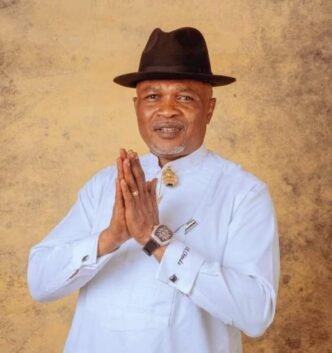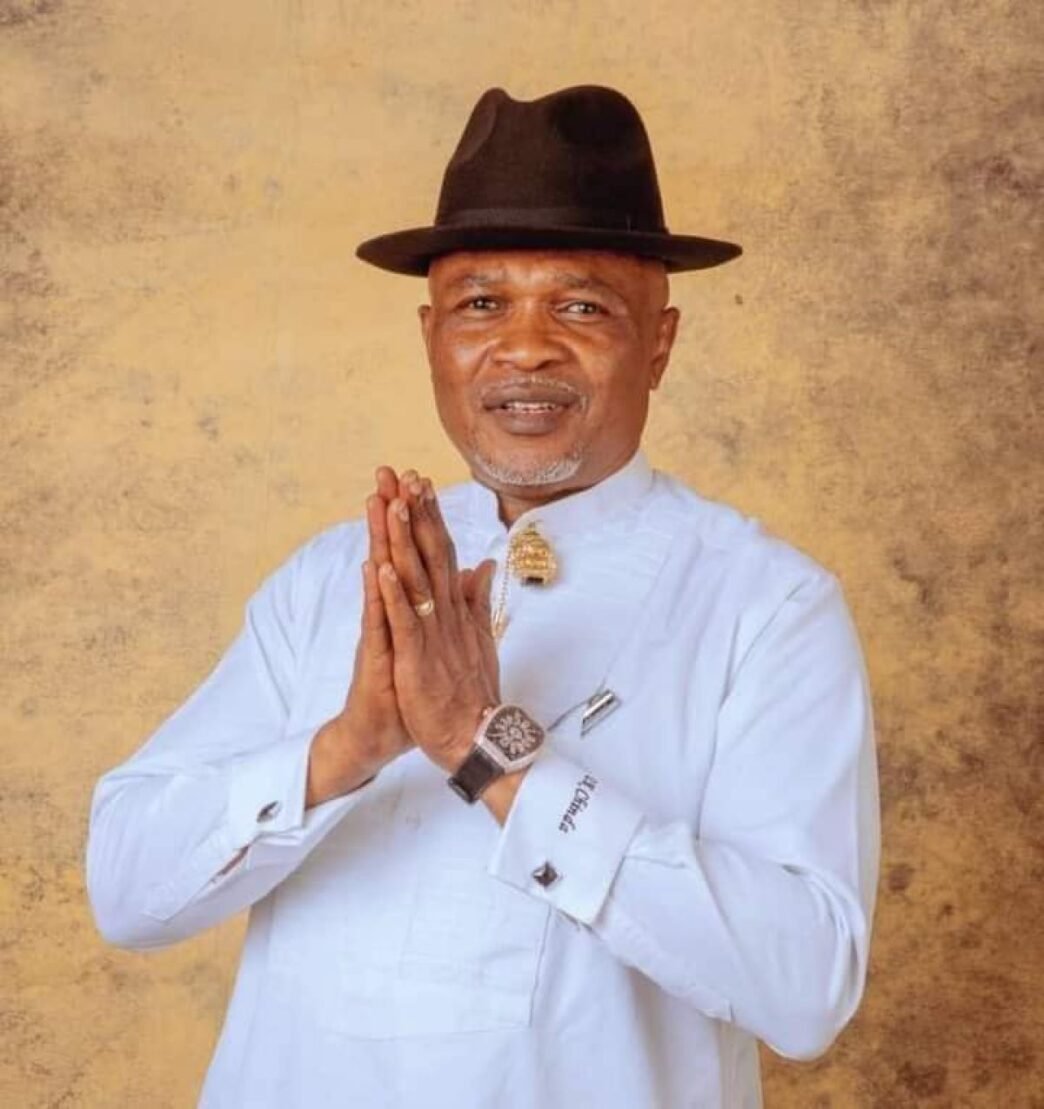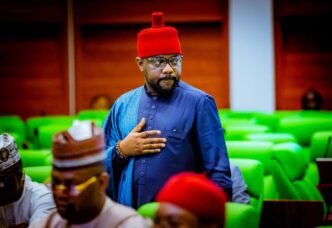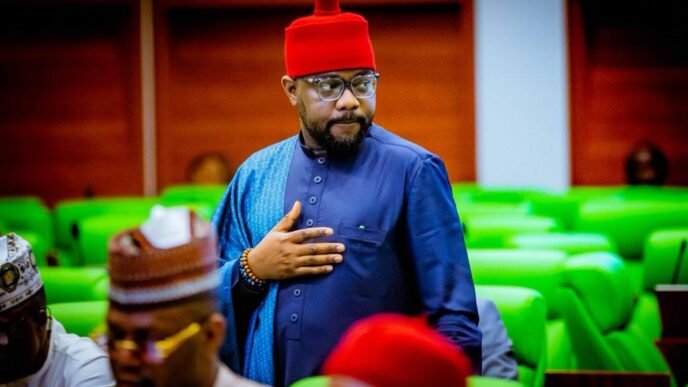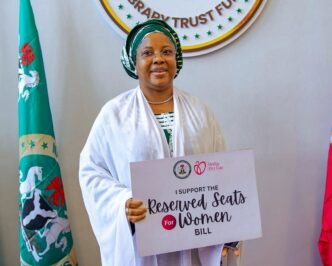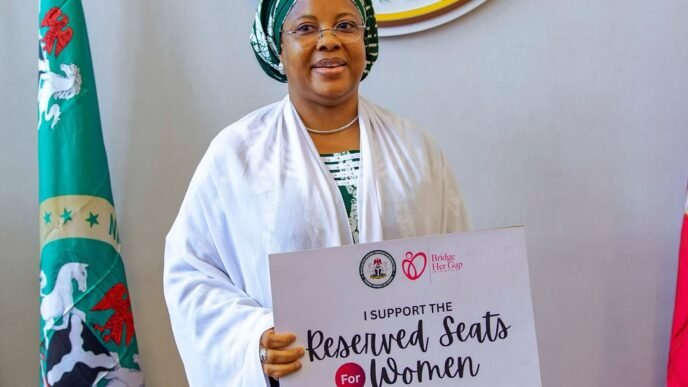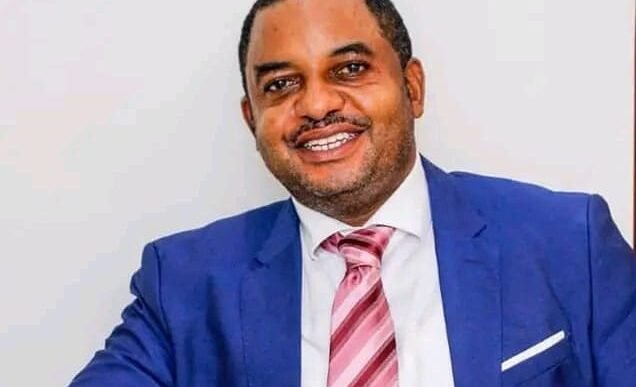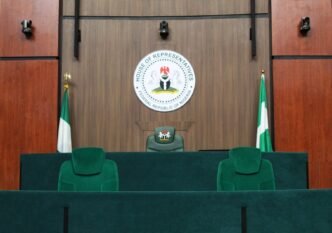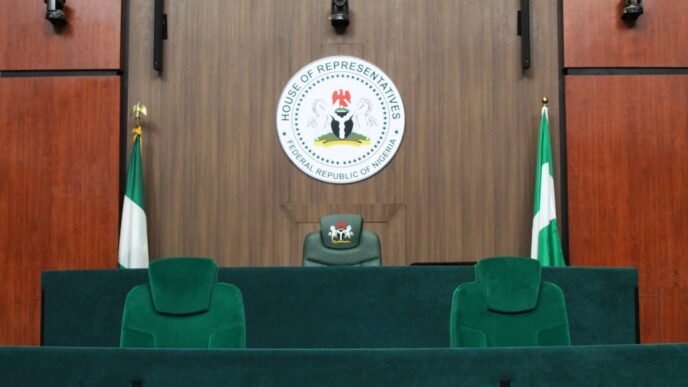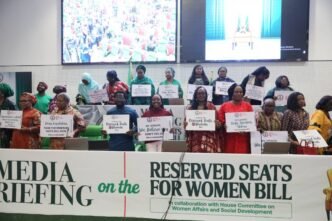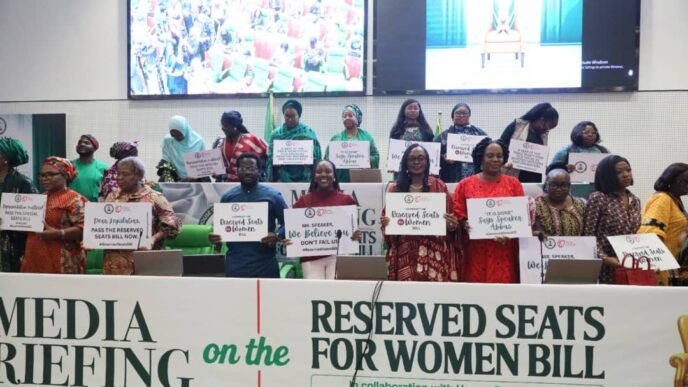HB: 1115
A BILL FOR AN ACT TO ALTER THE CONSTITUTION OF THE FEDERAL REPUBLIC OF NIGERIA, CAP C.23 OF LAWS OF THE FEDERATION OF NIGERIA, 2004 TO PROVIDE FOR THE OFFICE OF THE PRIME MINISTER AS HEAD OF GOVERNMENT AND THE OFFICE OF PRESIDENT AS HEAD OF STATE AND TO PROVIDE FOR A FRAMEWORK FOR THE MODE OF ELECTION TO THE SAID OFFICES; AND FOR RELATED MATTERS. This Bill seeks to alter sections 130, 132, 135, 147 and 148 of the Constitution to provide for the office of the Prime Minister as Head of government and the office of the President as Head of State, and to provide for a framework for the mode of election to the said offices. Bill sponsor House Minority Leader, Kingsley Chinda, along with 59 other lawmakers, bill progress committee stage.
In a significant move towards restructuring the political framework of Nigeria, a new legislative proposal dubbed HB 1115 has emerged, aimed at redefining the nation’s executive branch. This bill introduces the concept of a Prime Minister as the Head of Government, alongside a President operating as the Head of State. This potential shift signifies a departure from the current presidential system, exploring instead a parliamentary or semi-presidential system that could change the dynamics of governance in the country. The proposed changes outlined in HB 1115 specifically target several key sections of the Nigerian Constitution: Sections 130, 132, 135, 147, and 148. These alterations are expected to shift the locus of executive power and clarify the functions of each office, thereby promoting a more organized and accountable government structure. Starting with Section 130, which currently establishes the President as the Head of State, Head of the Executive, and Commander-in-Chief, the proposed modifications would redefine the President’s role. Rather than continuing as a figure of extensive executive authority, the President would transition to a more ceremonial position, primarily serving as a unifying symbolic leader. This change signals an important shift that could lead to a clearer delineation of responsibilities between the President and the Prime Minister. Section 132’s focus on the election of the President is also under review. The bill is expected to create a new framework for how the President is elected, though it may not call for a fundamental alteration in the direct popular vote system. However, with the President’s powers being curtailed, the electoral dynamics could change significantly, inviting discussions about who will truly wield political power and how that is reflected in the electoral process. In regards to tenure, the alterations proposed for Section 135 would likely reflect the evolving roles of both the President and Prime Minister, prompting a reassessment of their terms in office. As the power dynamics shift, this section may need to articulate how long each officeholder will serve and under what conditions they can be removed or replaced, particularly as they may develop interdependent roles in governance. The changes also extend to Section 147, which details the appointment of ministers by the President. Currently, this prerogative lies solely with the President; however, the introduction of a parliamentary system would require the Prime Minister to assume this responsibility. Here, ministers would typically be selected from the legislative body, thus intertwining the values of cooperation and accountability. This is a fundamental shift that could change how governance is perceived and executed in Nigeria, as a Prime Minister drawn from the legislature might foster greater collaboration between legislative and executive branches. Finally, Section 148, which delineates the executive responsibilities of the President, is also set for significant restructuring. The proposed bill aims to transfer most, if not all, of these executive functions to the Prime Minister, further cementing the President’s role as largely ceremonial. This transitional shift not only alters who wields power but may also redefine the working relationship between the various branches of government. If HB 1115 is passed and enacted, it holds the potential to introduce sweeping changes to Nigeria’s political landscape. One of the anticipated outcomes is a more pronounced separation of powers. By distinguishing the roles of the President and the Prime Minister, the framework could prevent the over-concentration of authority in a single office. The President’s role may evolve into that of a national figure who represents the unity of the country, while the Prime Minister would engage in active leadership, overseeing the day-to-day functions of government. Accompanying this separation of powers is the promise of greater accountability. Under a parliamentary system, the Prime Minister and their cabinet are directly answerable to the legislature, which can hold them accountable through mechanisms such as votes of no confidence. This could encourage more robust legislative oversight over executive decisions, leading to a government that is more responsive to the needs and concerns of its citizens. Moreover, the proposed bill hints at a rethinking of election modalities. For the Prime Minister, membership in the legislature and leadership of the majority party or coalition might become critical in determining their position, moving away from direct public elections. The implications of such a change could also affect how the President is elected and the manner in which electoral campaigns are conducted, reflecting the adjusted balance of power. Proponents of parliamentary systems argue that they often foster political stability. The potential for cooperation between executive and legislative branches, due to the necessity of forming alliances, could lead to reduced gridlock and more decisive governance. Such a dynamic could prove beneficial in a nation seeking to navigate its complex socio-political landscape. Lastly, the restructuring proposed by HB 1115 introduces new checks and balances within the government system. With the President positioned as an independent figure or constitutional guardian, the country could establish a further layer of oversight, critical for maintaining democratic principles and protecting the interests of the populace. In conclusion, HB 1115 stands as a landmark initiative aimed at redefining Nigeria’s governance system, transitioning towards a parliamentary framework that promotes accountability, separation of powers, and political stability. As the bill moves through legislative processes, the potential implications for Nigeria’s political future remain a topic of intense discussion among citizens, political analysts, and stakeholders. The success of such a transformative endeavor could define governance in Nigeria for generations to come.
